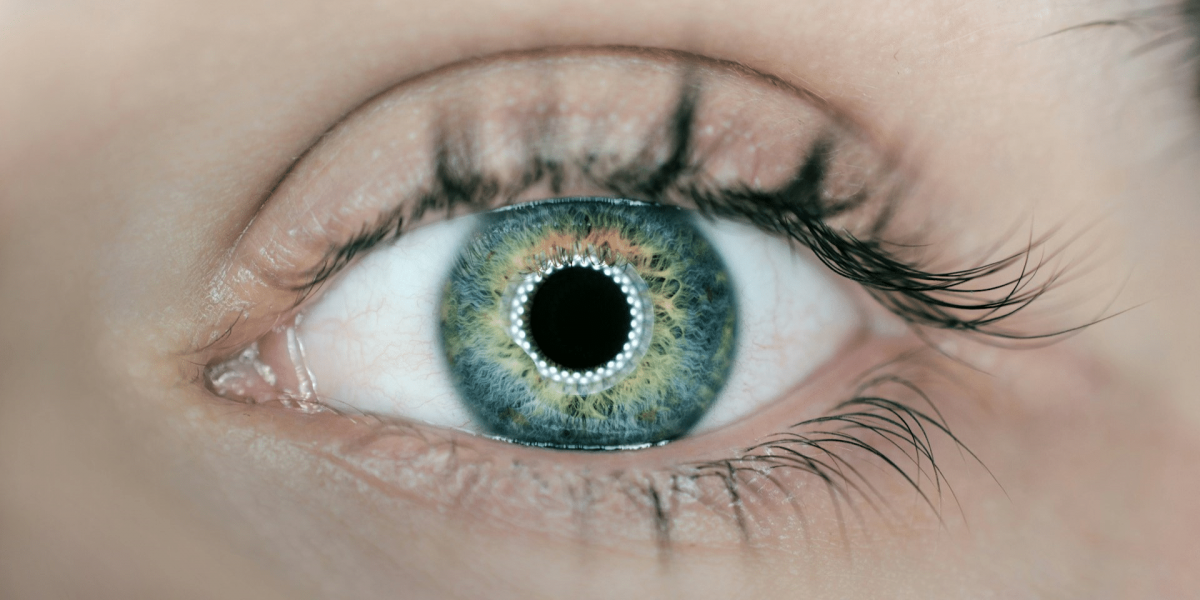Many of us take our eyesight for granted, assuming that as long as we can see clearly, there’s no need to visit the eye doctor. However, regular eye exams are essential for maintaining healthy vision and detecting potential eye problems early on. In this article, we’ll explore the importance of getting your eyes checked regularly and why it’s crucial for your overall eye health.
Detecting Eye Problems Early
One of the primary reasons to get your eyes checked regularly is to detect any potential eye problems early on. Many eye conditions, such as glaucoma, macular degeneration, and diabetic retinopathy, can develop slowly over time and may not cause noticeable symptoms in the early stages. Regular eye exams allow your eye doctor to monitor changes in your eye health and detect any abnormalities or signs of eye disease before they progress to more serious stages.
Preventing Vision Loss
Regular eye exams can help prevent vision loss by identifying and treating eye conditions early on. For example, if you have glaucoma, catching it early and starting treatment can help prevent further damage to your optic nerve and preserve your vision. Similarly, if you have diabetic retinopathy, early detection and management of your diabetes can help prevent vision loss and other complications associated with the disease.
Updating Your Prescription
If you wear glasses or contact lenses, regular eye exams are essential for ensuring that your prescription is up to date. Over time, changes in your vision can occur, requiring adjustments to your prescription to maintain optimal visual acuity. By getting your eyes checked regularly, you can ensure that your glasses or contact lenses are providing you with the clearest vision possible and reduce the risk of eye strain and discomfort.
Monitoring Eye Health
In addition to checking your vision and updating your prescription, regular eye exams also allow your eye doctor to monitor your overall eye health. During an eye exam, your eye doctor will examine the health of your eyes, including the structures of the eye, the condition of the retina, and the health of the optic nerve. This comprehensive evaluation can help identify any abnormalities or signs of eye disease that may require further evaluation or treatment.
Assessing Risk Factors
Certain factors can increase your risk of developing eye problems or vision loss, such as age, family history, and underlying health conditions like diabetes or high blood pressure. Regular eye exams allow your eye doctor to assess your individual risk factors and recommend appropriate preventive measures or treatments to help protect your vision and maintain eye health.
Maintaining Overall Health
Regular eye exams are not only essential for maintaining good vision but also for monitoring your overall health. Your eyes can provide valuable insights into your overall health, as certain eye conditions may be associated with underlying health problems such as diabetes, high cholesterol, or autoimmune disorders. By getting your eyes checked regularly, you can help identify any potential health issues early on and take proactive steps to address them.
How Often Should You Get Your Eyes Checked?
The frequency of eye exams depends on your age, risk factors, and overall eye health. As a general rule of thumb, adults should have a comprehensive eye exam at least once every two years, or more frequently if recommended by their eye doctor. However, if you have a family history of eye disease, a chronic health condition, or are experiencing any changes in your vision or eye health, you may need to get your eyes checked more frequently.
Emphasizing the Importance of Eye Exams
Regular eye exams are essential for maintaining healthy vision and detecting potential eye problems early on. By getting your eyes checked regularly, you can help prevent vision loss, detect eye conditions early, update your prescription, monitor your overall eye health, assess your individual risk factors, and maintain your overall health. So don’t wait until you notice a problem – schedule your next eye exam today and invest in the health of your eyes for the future.








